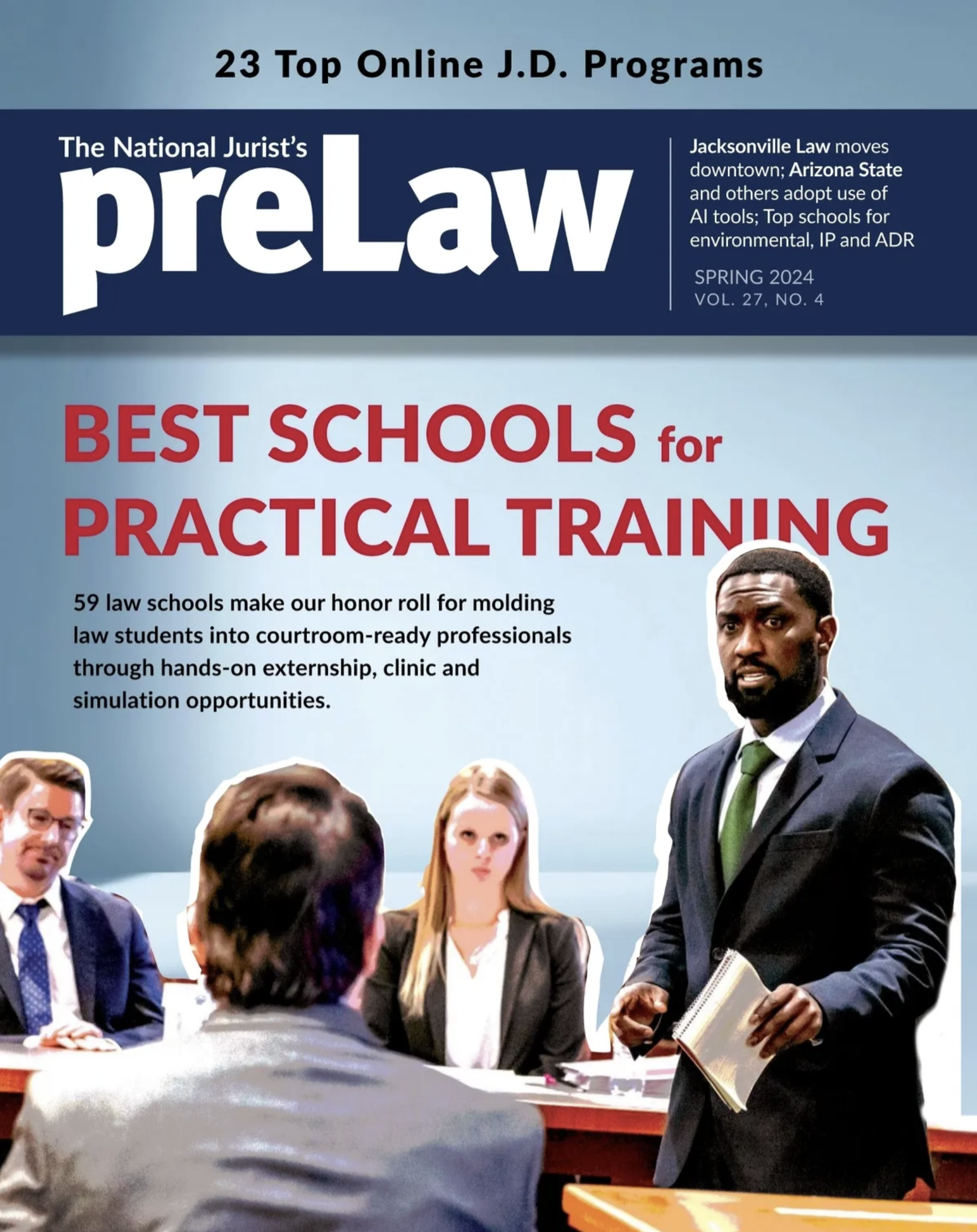“I finally got into law school!” Mary, a senior, sat in my office, enthusiastically waving copies of her acceptance letters. “Actually, I got into a lot of schools. I’m really happy. But now, I don’t know where to go,” she added. “So I’m also stressed out.”
For many law school applicants, this is their favorite time of year. At last, the tables have turned. It’s about them deciding where to deposit, rather than waiting to find out who will accept them. But it is stressful. Really stressful. As deposit deadlines quickly approach, big decisions must be made. Instead of application anxiety, there is deadline anxiety…and financial anxiety.
Here are some factors to consider and resources to help you make the decision:
- Look at the ABA Standard 509 disclosure reports for each school. The American Bar Association reports data from each school, which is extremely detailed and valuable information. You can determine the bar pass rate, recent graduate employment rate, merit scholarship retention rate, and see which top three states their recent graduates were employed in: https://www.abarequireddisclosures.org/Disclosure509.aspx
For example, let’s say you got into a school across the country, and your home state is not in the top three states of where recent graduates are employed. If you definitely want to return back home after law school, does it make sense to go there? Or, what if it turns out that you got a merit scholarship, but retaining the scholarship is dependent on maintaining a certain GPA that might be potentially hard to achieve? Do you feel okay about that, or is it cause for concern? At some schools these scholarships continue for all three years; at others they are conditional. - Attend accepted student days: Whether in person or virtual, there is a “vibe” for each school, which is easier to determine if you can attend programs for accepted students. If you can, as things are opening up, go there in person. Talk to students, walk around the neighborhood, eat in the cafeteria, and walk through the library. Can you picture yourself there? Do you feel comfortable? Do the students seem happy? Is the law library nice? (You will be spending a lot of time there!) Is there food and coffee widely available on campus? Do you like the neighborhood the school is in? Is there housing available? As important as the data is, the intangibles are equally important.
- Figure out the total cost of attendance: The total cost of attendance (COA) includes rent and other fees beyond the actual stated tuition. So, even if you received a partial scholarship to a school, the total cost of attendance at that school may actually be more than at a school that didn’t offer you a scholarship but has lower tuition and is in a part of the country with cheaper rent. Sit down, crunch the numbers, and figure it out. The AccessLex Institute also offers counseling to help you and has many resources related to financing law school: https://www.accesslex.org/
It is equally important to research all of the extensive available data and to also spend some time thinking about the intangibles. In the end, what is the best fit for you?
Hillary Mantis works with pre-law students, law students and lawyers. She is the Assistant Dean of the Pre-law Advising Program at Fordham, and author of legal career books. Questions about law school admissions? You can reach Hillary at altcareer@aol.com.







